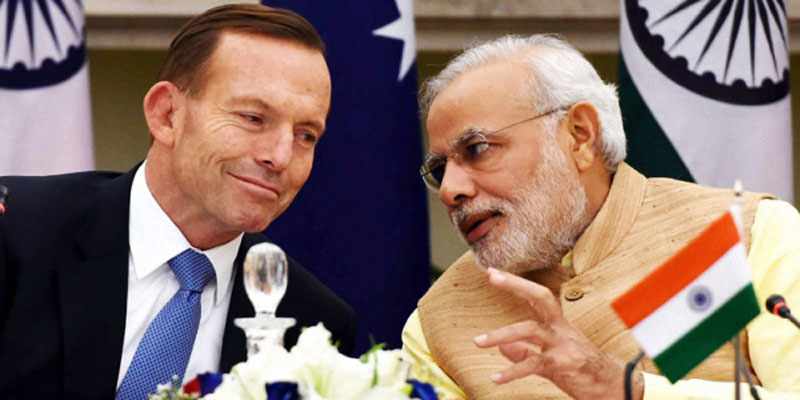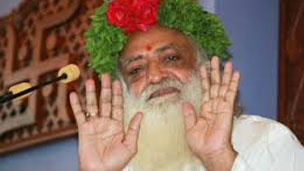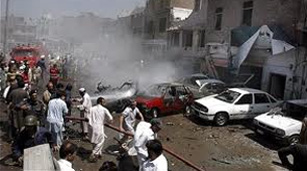It was a historic moment on Friday when India and Australia inked a significant civil nuclear agreement. The agreement will allow Canberra to supply uranium to the energy-starved India.
It was a historic moment on Friday when India and Australia inked a significant civil nuclear agreement.
The agreement will allow Canberra to supply uranium to the energy-starved India.
Australia has about a third of the world’s recoverable uranium resources and exports nearly 7,000 tones of it a year.
It should be noted that the Australian government launched talks on uranium sales in 2012 after long-time ban on exporting the valuable yellowcake to Delhi was lifted.
The nuclear pact was signed after a meeting between Prime Minister Narendra Modi and his Australian counterpart Tony Abbott during which the two leaders discussed crucial bilateral, regional and international issues including the situation in Iraq and Ukraine.
The agreement will help India achieve its nuclear energy goals and sustainable development. “Australia can play the role of a long-term reliable supplier of uranium to India. It provides for supply of uranium, production of radio isotopes, nuclear safety and other areas of cooperation,” the pact details are reported to say.
This pact between India and Australia gains significance due to the fact that Indian nuclear plants generate around 4680 MW of electricity, of which the 2840 MW was from indigenous uranium while 1840 MW was from imported fuel.
Although, the two Prime Ministers have directed the negotiators to conclude the administrative arrangements pertaining to the civil nuclear pact at an early date, it may take up to two years for India to receive the first consignment of uranium from Australia as per the officials.
But the Modi-Abbott friendship goes beyond the nuclear deal as well. Three other pacts were signed between the two countries which include Cooperation in Technical Vocational Education and Training (TVET) and also in Water Resources Management and sports.
Despite shared political values, India and Australia have remained far apart. As international relations and defense expert C Raja Mohan points out, during the Cold War, Delhi viewed Canberra as merely extending US power in Asia; Canberra, in turn, saw India as aligned with the Soviet Union.
But the Indian perception started to change with the significant increase in the number of Indians in Australia and latter’s relentless wooing. Recently, the globe-trotting PM intensely lobbied to ensure that an Australian-sponsored resolution to allow international investigators free access to the MH17 crash site was passed without opposition by the UN Security Council. Abbott’s recognition as a hard diplomat and straight talker has earned him respect from Delhi.
India thinks that friendship with this former trainee priest and Rhodes Scholar will help her in countering Beijing’s growing assertiveness on territorial disputes, the uncertainties in the US policy towards the region and the emerging fissures in regional institutions.
Abbott, who is on a two-day visit, landed in Mumbai early yesterday where he held extensive meetings with business leaders and select Indian CEOs. Noting that India and Australia were bound by “strongly convergent” trade and strategic interests, the visiting dignitary said: “We do need to invest more time and effort into the trade and investment relationship with India. If we do put the same amount of time and effort into this one that we’ve put into some of our other relationships, there’s no reason why the economic relationship with India in the years to come cannot resemble the economic relationship that we’ve already got with the major countries of North Asia.”
The two-way trade was worth around $15 billion but the aim was to substantially grow this figure, the Australian leader said.
But the aim of the hour should be a bilateral defense cooperation. Besides military exercises that have already been agreed upon, Delhi and Canberra must begin sharing naval intelligence and pool maritime assets dispersed across the Indo-Pacific. They should also initiate joint training and operations with other Asian partners, like Indonesia, Vietnam, Singapore and Japan.
This will not only help counter terrorism but also ensure freedom of navigation and security of the sea lines of communication.





